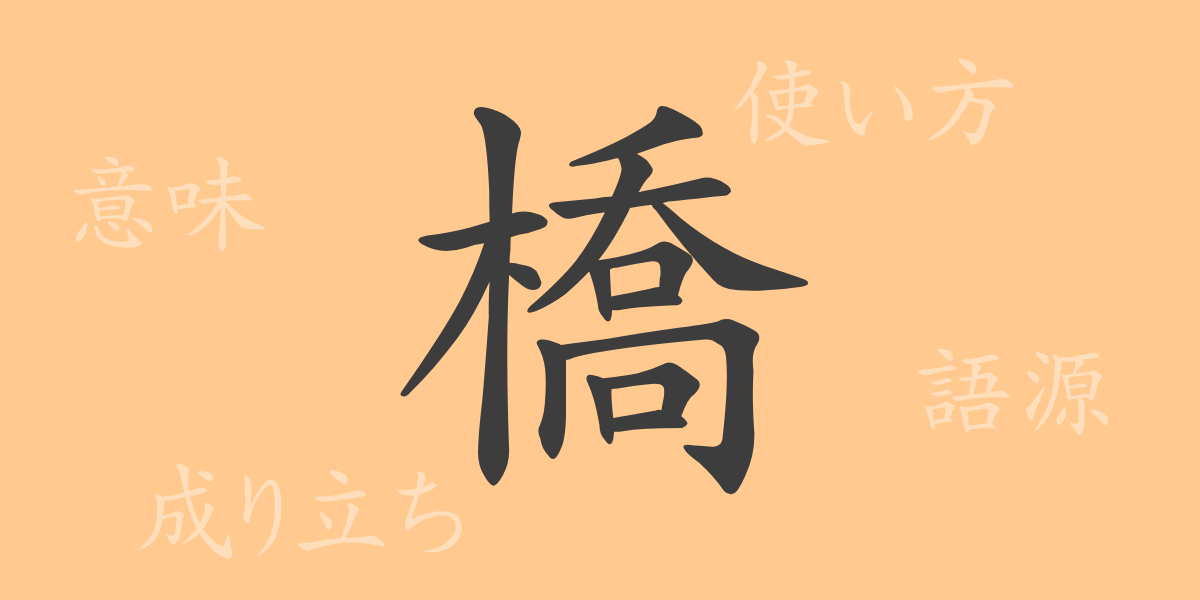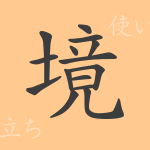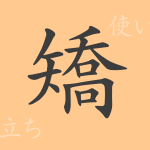Kanji deeply rooted in Japan’s history and culture each carry their own stories and meanings. The kanji “橋(きょう)” is not just a structure but has played a crucial role in connecting people. In this article, we spotlight the commonly used kanji “橋(きょう)”, exploring its origins, idioms, and proverbs to delve into its profound world.
Origin of 橋(きょう)
The kanji “橋(きょう)” has long referred to structures built to allow people to cross rivers and valleys. Its origin comes from the act of placing wood across a gap to facilitate crossing. Over time, bridges evolved from wood to stone, iron, and concrete, with diverse shapes, yet their fundamental meaning remains the same: a vital symbol connecting people and regions.
Meaning and Usage of 橋(きょう)
The kanji “橋(きょう)” literally means a structure built across rivers or roads. Figuratively, it refers to anything that connects different entities or people. For example, in the expression “文化の橋渡し(ぶんかのはしわたし)” (cultural bridge), it is used metaphorically to mean facilitating cultural exchange and communication.
Readings, Stroke Count, and Radical of 橋(きょう)
The kanji “橋(きょう)” is well-known as a common kanji in Japan. Let’s look at its readings and structure.
- Readings: The on’yomi (Chinese reading) is “キョウ(きょう)”, and the kun’yomi (Japanese reading) is “はし(はし)”.
- Stroke Count: “橋(きょう)” consists of 16 strokes.
- Radical: The radical is “木(き)”, combined with “喬(きょう)”.
Idioms, Expressions, and Proverbs Using 橋(きょう)
There are numerous idioms, expressions, and proverbs in Japanese that include the kanji “橋(きょう)”. Here are some examples:
- 橋を渡る(はしをわたる) – To face and tackle difficulties or challenges.
- 橋を架ける(はしをかける) – To mediate or facilitate between two different entities or positions.
- 橋が落ちる(はしがおちる) – For plans or expectations to suddenly fail.
- 架け橋(かけはし) – A role or means of connecting people or different things.
Conclusion on 橋(きょう)
The kanji “橋(きょう)” transcends its physical form and function, symbolizing connections in people’s lives and hearts. As seen in idioms and proverbs, bridges hold a significant place in our language, conveying many lessons and wisdom. Through this article, we hope you rediscover the diverse meanings and values of “橋(きょう)” and appreciate its importance in everyday life.

























